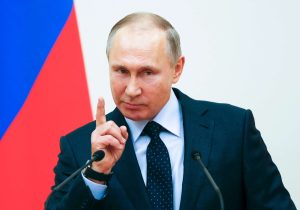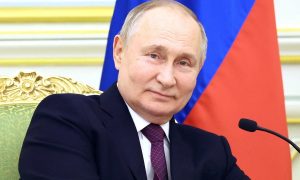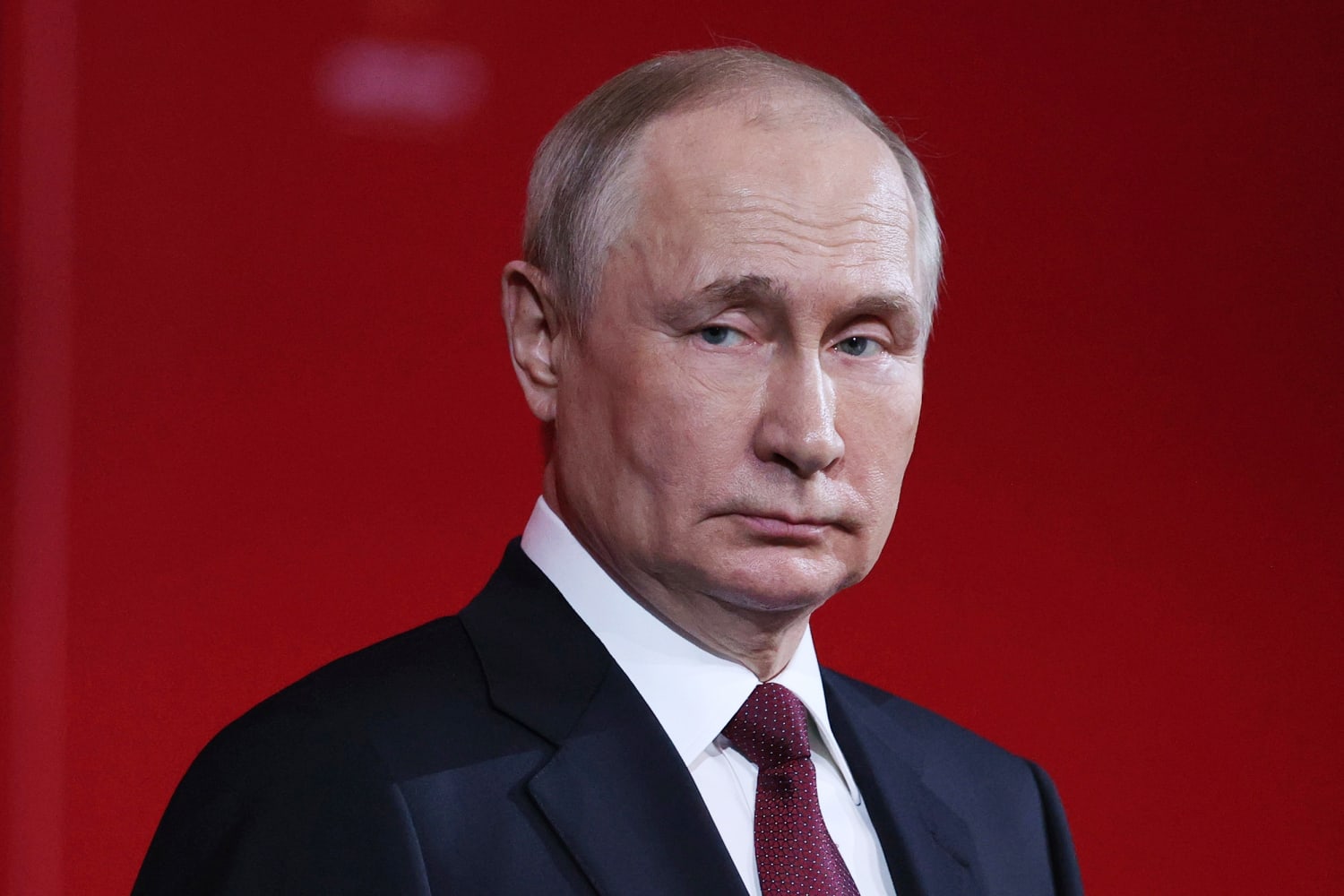Vladimir Vladimirovich Putin who born 7 October 1952 is a Russian politician and former intelligence officer who has served as President of Russia since 2012, having previously served from 2000 to 2008.
Putin also served as Prime Minister of Russia from 1999 to 2000 and again from 2008 to 2012. At 24 years, 11 months and 21 days, he is the longest-serving Russian or Soviet leader since the 30-year tenure of Joseph Stalin.
Vladimir Putin’s Early Life
Putin worked as a KGB foreign intelligence officer for 16 years, rising to the rank of lieutenant colonel. He resigned in 1991 to begin a political career in Saint Petersburg.
In 1996, he moved to Moscow to join the administration of President Boris Yeltsin. He briefly served as the director of the Federal Security Service (FSB) and then as secretary of the Security Council of Russia before being appointed prime minister in August 1999.

Vladimir Putin Becomes President of Russia
Following Yeltsin’s resignation, Putin became acting president and, in less than four months, was elected to his first term as president. He was reelected in 2004.
Due to constitutional limitations of two consecutive presidential terms, Putin served as prime minister again from 2008 to 2012 under Dmitry Medvedev. He returned to the presidency in 2012, following an election marked by allegations of fraud and protests, and was reelected in 2018.
During Putin’s initial presidential tenure, the Russian economy grew on average by seven percent per year, driven by economic reforms and a fivefold increase in the price of oil and gas.
Additionally, Putin led Russia in a conflict against Chechen separatists, reestablishing federal control over the region. While serving as prime minister under Medvedev, he oversaw a military conflict with Georgia and enacted military and police reforms.
Vladimir Putin’s War in Ukraine
In his third presidential term, Russia annexed Crimea and supported a war in eastern Ukraine through several military incursions, resulting in international sanctions and a financial crisis in Russia.

He also ordered a military intervention in Syria to support his ally Bashar al-Assad during the Syrian civil war, with the aim of obtaining naval bases in the Eastern Mediterranean.
In February 2022, during his fourth presidential term, Putin launched a full-scale invasion of Ukraine, which prompted international condemnation and led to expanded sanctions.
In September 2022, he announced a partial mobilization and forcibly annexed four Ukrainian oblasts into Russia. In March 2023, the International Criminal Court issued an arrest warrant for Putin for war crimes related to his alleged criminal responsibility for illegal child abductions during the war.
In April 2021, after a referendum, he signed into law constitutional amendments that included one allowing him to run for reelection twice more, potentially extending his presidency to 2036. In March 2024, he was reelected to another term.
Under Putin’s rule, the Russian political system has been transformed into an authoritarian dictatorship with a personality cult.
His rule has been marked by endemic corruption and widespread human rights violations, including the imprisonment and suppression of political opponents, intimidation and censorship of independent media in Russia, and a lack of free and fair elections.
Russia has consistently received very low scores on Transparency International’s Corruption Perceptions Index, The Economist Democracy Index, Freedom House’s Freedom in the World index, and the Reporters Without Borders Press Freedom Index.
